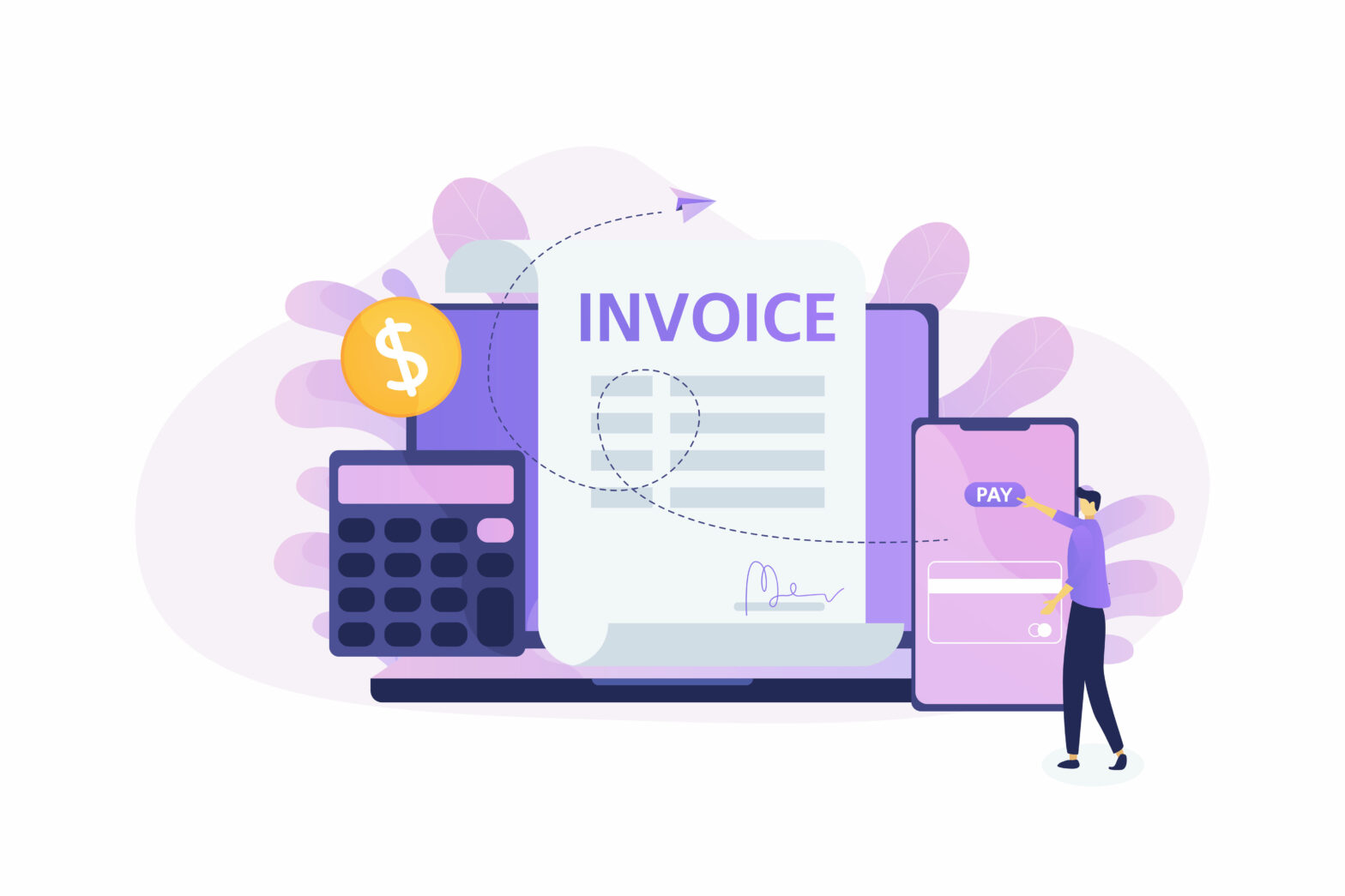Invoice finance is seen as a complex type of business finance, but behind the jargon it’s actually a very simple concept. Quite simply, with invoice finance your sales invoices become security for a loan or series of loans. Let’s take a look at how it works.
How does invoice finance work?
Invoice finance is designed for businesses that make their money by invoicing other businesses for completed work. Offering payment terms to your customers, also known as offering ‘trade credit’, means that for the duration of those payment terms your business is owed money.
Invoice finance unlocks this money early, effectively transferring the delay onto the lender. This is how the process works step-by-step:
- Raise invoice for completed work
- Send to lender
- Lender advances agreed percentage of invoice value (up to 90 per cent) to you
- Payment terms pass
- Customer pays invoice
- You get remaining percentage of invoice value, minus lender’s fees
Why use invoice finance?
The fundamental benefit of invoice finance is that it largely removes the issue of payment terms. Your customer can still pay you after 30, 60, 90 or 120 days, but you get paid much sooner after the invoice is raised; the length of your payment terms is effectively transferred onto the lender.
This means you can predict your cashflow much more easily, because you get the majority of invoice value within a day or two instead of waiting for your payment terms to pass. With invoice factoring, you can also stop worrying about chasing payments (more on that in a moment).
See also: The benefits of invoice finance
For bigger invoices or clients, having this extra working capital earlier than usual can be very useful for growth plans or future projects, or can allow you to confidently meet your own payment obligations to suppliers.
What kinds of invoice finance are there?
The above principle can be applied in a few different ways. The common forms of invoice finance are as follows:
Invoice factoring
With invoice factoring, as well as advancing cash the lender provides credit control services. That means they will deal with your customers and chase late payments, and also issue payment due reminders and other administrative tasks that come with managing your due invoices. They’ll even take legal action for late payments where necessary.
It’s these credit control services that make factoring particularly useful for smaller businesses without finance directors or dedicated credit controllers. Of course, you’ll also want to choose a lender that will deal with your customers appropriately, and some companies will prefer to continue managing their debtors themselves.
Invoice discounting
On the other hand, with invoice discounting the lender takes a less hands-on approach and credit control is not included. For this reason, discounting is generally confidential; your customers won’t know you’re using a finance provider.
However, this excludes some smaller businesses from using discounting. Without credit control, the lender has a less active role with your debtors and therefore takes on more of the risk that your customers won’t pay. As a result, invoice discounting is most often used by larger businesses with a proven track record and creditworthy customers such as blue-chip businesses and public sector organisations. If you can get it, though, invoice discounting is likely to be cheaper than factoring.
Spot factoring and selective invoice finance
Finally, spot factoring and selective invoice finance give you more control over what you choose to finance and what you’ll handle as normal. These flexible products have a variety of names, and usually allow you to choose specific invoices or specific client accounts to advance cash against. Selective invoice finance depends largely on the creditworthiness of your customer, so as with discounting, having big organisations as debtors will improve your chances of securing it.
Conrad Ford is chief executive of Funding Options.
Further reading on finance methods
Looking for finance? SmallBusiness.co.uk is working in partnership with trusted lenders to find you the best business funding deals. Find out more here.





